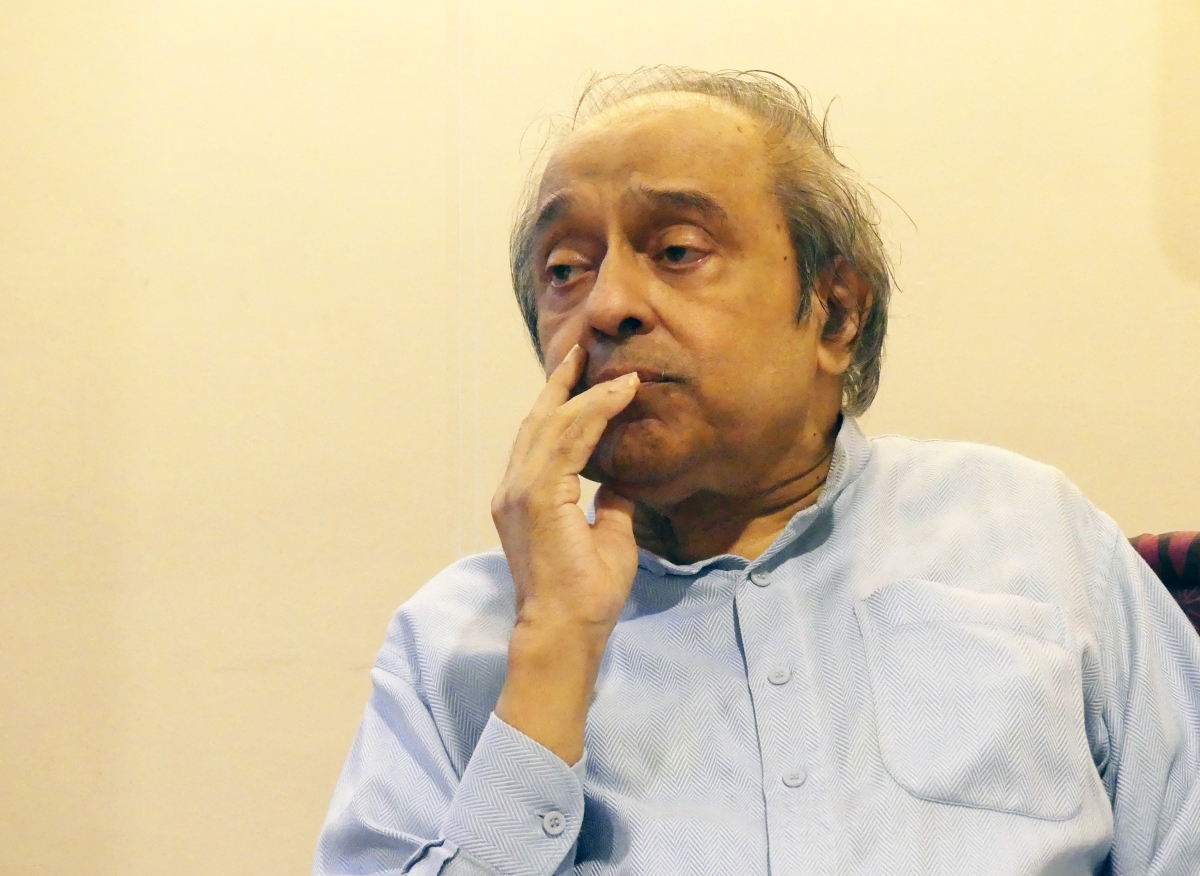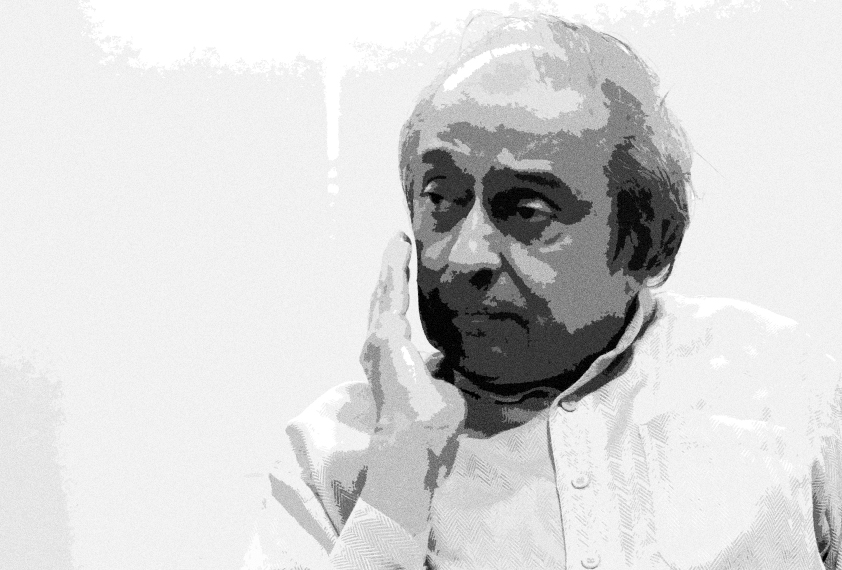Veteran journalist, Hussamuddin Yaacub, has launched a people’s campaign to fight corruption in Malaysia. This is the first time that such an initiative has emerged from the citizenry — though specific NGOs have in the past targeted specific aspects of corruption or specific transgressions.
Hussamuddin has always been known and respected as an independent journalist who is not linked to any political party or ideological tendency. His campaign is a response to the perception that corruption has become more pervasive in our society. It highlights the impact of this scourge upon the people and why they should combat it for the sake of the nation and its future.
Called “RasuahBusters”, the campaign will be guided by the Malaysian Constitution, the Rukunegara and the shared values of honesty and integrity embodied in all our religious teachings. A decentralised campaign, all Malaysians are invited to participate in it. They can develop their own initiatives and strategies. The ultimate goal is not only to eliminate corruption but also to create a truly ethical and moral society that we can all be proud of.
In a campaign of this sort a balanced perspective on what we have done so far in combating corruption is important. It is significant that Malaysia was the first country in the Global South to establish a separate agency to fight corruption in 1967 and to formulate specific laws for this purpose. It is also a matter of some pride that one of the earliest scholars in the post-war decades world-wide to focus upon corruption as a blight upon society was Malaysia’s own Syed Hussein Alatas who had authored several books on the subject.
Over the years, a number of Malaysians with power and wealth have been tried and convicted for various forms of corruption. There is also a general awareness of how destructive corruption is. And yet it persists as a social cancer. What explains this?
Among the variety of reasons one can cite is the intertwining of politics and business which began even before Merdeka. Individuals in business funded elections and political party activities. By the early seventies ‘money politics’ became an established practice both in intra-party and inter-party contests with candidates sometimes backed by business people using money lavishly to secure seats and to mobilise support. Money politics ran parallel with bribes offered to decision-makers in the public and private sectors for approval of projects and contracts in a resource-rich, expanding economy with unlimited opportunities for acquisition and accumulation. In this expanding economy neither accountability nor transparency gained much traction. Besides, the ruling-elite buttressed by elements in the
public and private sectors exercised overwhelming political power for most of the six decades it was at the helm. A political culture which frowned upon the interrogation of power exacerbated the situation. The ethos spawned by such a political culture and the structures of authority integral to it created an environment which was conducive to the growth of corruption, especially elite corruption. If anything, an increasingly materialistic, consumer-oriented society with decreasing commitment to ethics and moral principles has made it even more difficult to curb corruption and the conditions that contribute to its spread.
Given these trends and developments over a period of time, Malaysians should not be surprised that corruption has become such a serious ailment in our society. Pious platitudes from the elites including academics and activists will not check the spread of the vice. Even tougher laws may not help especially if it does not lead to a genuine change in human behaviour. In recent years we have also discovered that a change in government is not a guarantee that the new leadership will refrain from corruption and other misdeeds. The real test is when a leader chooses to do what is right even if it undermines his own interests.
If electoral change, laws and persuasion do not lead to a corruption free society, shouldn’t one turn to the people, that is, ask the people to do what they can to usher in a society with a stronger commitment to what is right. Let the people lead the quest for a corruption-free society ! This is perhaps what Hussamuddin is trying to do. He is hoping that popular consciousness, a people’s determination to rid society of the scourge of corruption will hold the key to success. It is true when mass consciousness reaches a critical point no force on earth can stop it from achieving its goal.
Let us therefore support the RasuahBusters with our own energy and efforts so that a corruption free Malaysia becomes a reality!
Dr Chandra Muzaffar has initiated anti-corruption endeavours since the early eighties.
The views expressed here are those of the author/contributor and do not necessarily represent the views of Naratif Malaysia.


